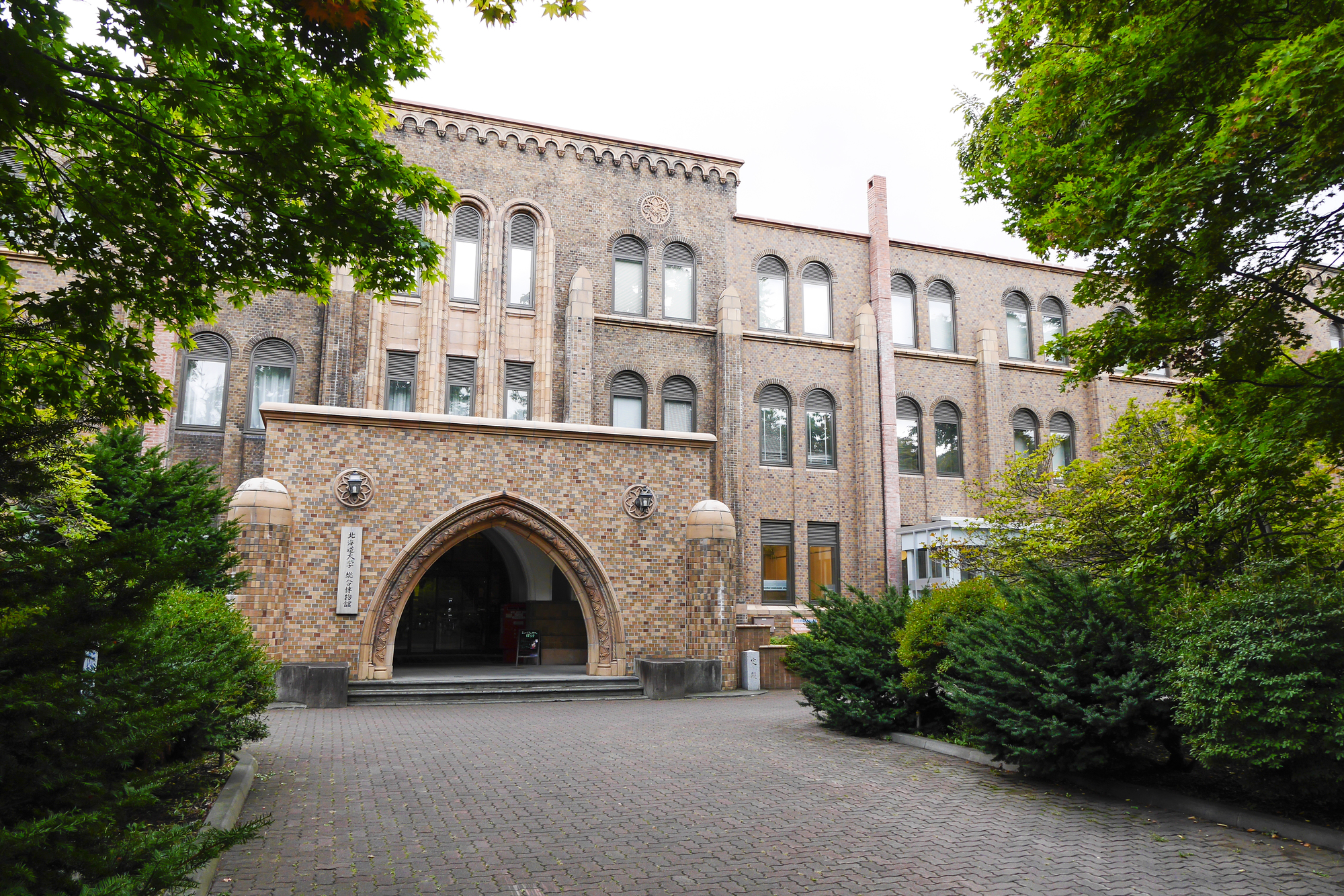The Institute of Low Temperature Science, Hokkaido University (Research Representative = Professor Emeritus Yoshizumi Furukawa) and the Japan Aerospace Exploration Agency (JAXA) have collaborated on ice in water cooled below the freezing point for the second time at the Japanese Experiment Module "Kibo" on the International Space Station. Succeeded in the crystal growth experiment of.
Fish that live just below the drift ice in the polar seas can survive in sub-zero environments without freezing.It has been said that this is because the antifreeze glycoprotein contained in blood is adsorbed on the ice crystal / water interface to suppress crystal growth.However, it was unclear how it was actually adsorbed on the interface and what effect it had on ice crystal growth.Precise measurement of the time variation of the growth rate is indispensable for exploring the actual state of crystal growth, but in ground experiments, the growth rate is likely to change due to the effects of convection, so measurement in a zero gravity environment is important.
Therefore, using the characteristics of the International Space Station, which maintains a zero gravity environment and can completely eliminate turbulence such as convection, a space experiment device (Ice Crystal Cell 2) that accurately measures the growth rate of ice is installed in Hokkaido. Developed jointly by the university and JAXA.An experiment was conducted with automatic control based on the signal transmitted from the ground.
As a result, when water contains a small amount of antifreeze glycoprotein that has the function of preventing freezing of fish living in the environment below freezing just below drift ice, the growth rate of a fixed surface with ice crystals is significantly faster than that in pure water. It was verified for the first time that it fluctuates (vibrates) periodically.
The results of this study clarify the mechanism of how antifreeze glycoproteins control ice crystal growth, and will be the physical mechanism of survival strategies for living organisms in extremely cold environments in the future. It will be pressed for rewriting.Furthermore, by clarifying the principle of antifreezing as a functional protein, it is expected to be used in the medical field, food field, energy field, and the like.

